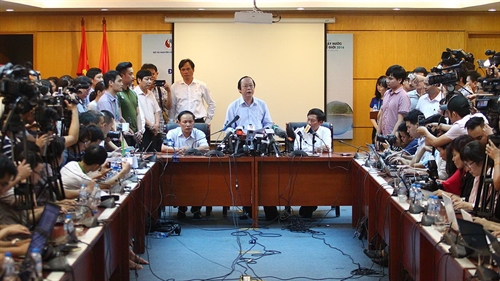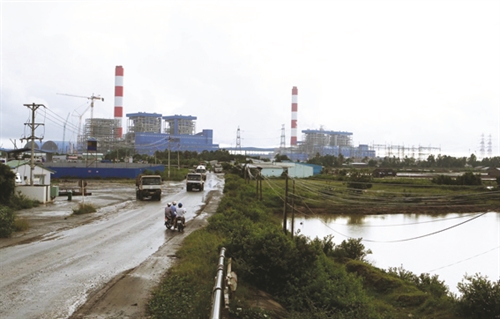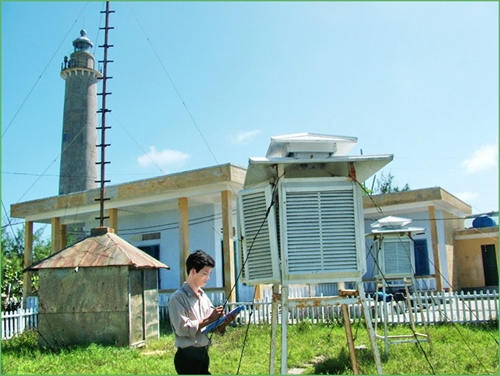Coming into force this July, the Law on Property Auction (the Law), which was passed by the National Assembly last November, aims at ensuring publicity, transparency and objectivity of property auction.
With 81 articles arranged in eight chapters, the Law regulates principles, order and procedures for property auction; auctioneers and property auction organizations; remuneration for auction services and property auction expenses; handling of violations and cancellation of property auction results. It also stipulates the state management of property auction.
Property to be auctioned
Under the Law, auctioned property includes property to be sold through auction as required by law or at owners’ will.
The Law lists types of property required by law to be sold through auction, including:
- State property as defined by the law on management and use of state property;
- Property under ownership by the entire people;
- Land use rights;
- Collateral as defined by the law on secured transactions;
- Property for judgment enforcement as defined by the law on enforcement of civil judgments;
- Exhibits or means used in administrative violations which are forfeited into public funds, property distrained to secure the execution of administrative sanctioning decisions in accordance with the law on handling of administrative violations;
- National reserve goods as defined by the law on national reserves;
- Fixed assets of enterprises as defined by the law on management and use of state capital invested in production and business activities in enterprises;
- Property of enterprises and cooperatives declared bankrupt in accordance with the law on bankruptcy;
- Road infrastructure facilities and the right to collect charges for their use in accordance with the law on management, use and operation of road infrastructure facilities;
- The mining right as defined by the mineral law;
- The right to use or own planted production forests in accordance with the law on forest protection and development;
- The right to use radio frequencies in accordance with the law on radio frequencies;
- Non-performing loans and collateral of non-performing loans of a government-established organization in charge of dealing with non-performing loans of credit institutions in accordance with law; and,
- Other types of property required by law to be sold through auction.
Order and procedures for property auction
Compared to current regulations, the pre-auction, auction and post-auction processes are clearly described in the Law. Provisions on the order and procedures for property auction as well as for auction of property required by law to be sold through auction are also stricter in order to ensure transparency and objectivity and prevent negative auction activities.
The Law requires public display and disclosure of information on property auction and registration for participation in auction. Notably, it raises the level of deposit in order to restrict those who do not wish to buy property but register for participation in auction for self-interest. Under Article 39, a deposit must be between five percent and twenty percent of the reserve price of an auctioned property.
Regarding auction forms and methods, the Law adds the form of online auction and the method of descending-price auction. The new method is in line with the practice of property auction activities in Vietnam in the context of international integration. The Law also clearly states the forms of casting bid tickets directly at an auction and delivering sealed bid tickets.
Auction of non-performing loans and collateral of non-performing loans
The Law creates a legal basis for dealing with bad debts.
Under the Law, the government-established organization in charge of handling non-performing loans of credit institutions may only auction non-performing loans and collateral of non-performing loans which it has bought. It may sign an auction service contract with an auction organization or auction these loans by itself.
The Law also specifies rights and obligations of the above organization. In order to avoid loss of state property, Article 65 states that this organization is obliged to report its auction activities annually or upon request to the Ministry of Justice and the State Bank of Vietnam.
The Law makes clear that in cases where the provisions on property auction order and procedures of this Law and of other laws differ, those of this Law will prevail.
The auction of securities will be carried out in accordance with the law on securities. The auction of state property located overseas will be carried out in accordance with the law on management and use of state property.
The Laws assigns the Ministry of Justice to assist the Government in performing the state management of auction nationwide, and provincial-level People’s Committees to manage auction activities in their localities.- (VLLF)









